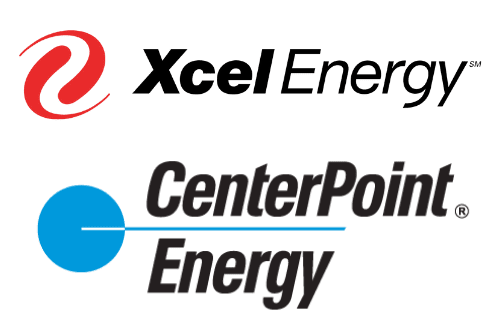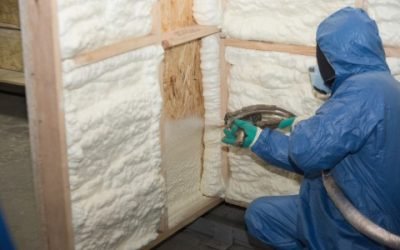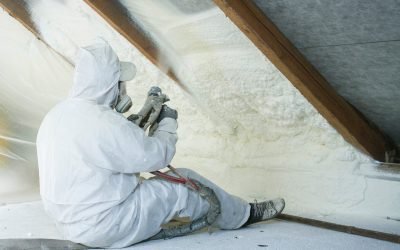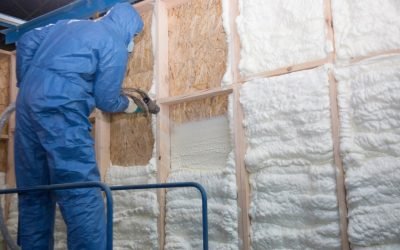Spray Foam Insulation for Commercial Buildings: Advantages and Applications in White Bear Lake MN
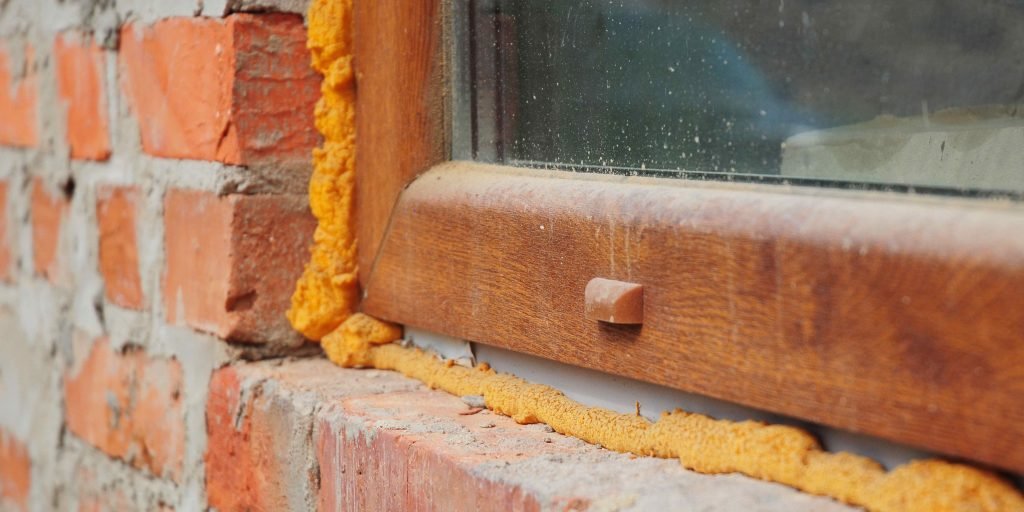
Last Updated on June 29, 2024 by Spray Foam Insulation Plus
In the construction industry, insulation plays a crucial role in enhancing energy efficiency and occupant comfort. One highly effective insulation option for commercial buildings is spray foam insulation. This versatile and innovative solution offers numerous advantages over traditional insulation methods, making it a preferred choice for many architects, builders, and facility owners. In this article, we will explore the advantages of spray foam insulation and its applications in commercial buildings. Spray Foam Insulation Contractor in White Bear Lake MN
What is Spray Foam Insulation?
Spray foam insulation is a type of insulation material that is applied as a liquid and expands into a foam that fills cavities, gaps, and crevices. It is typically composed of two main components: polyol resin and isocyanate. When these components are mixed, they react and expand to create a durable foam layer that adheres to surfaces, providing exceptional insulation properties.
Advantages of Spray Foam Insulation
- Energy Efficiency
One of the primary advantages of spray foam insulation in commercial buildings is its superior energy efficiency. The foam creates an airtight seal, preventing air leakage and reducing heat transfer. This results in lower energy consumption for heating and cooling systems, leading to significant cost savings on utility bills.
- Enhanced Building Durability
Spray foam insulation also contributes to the overall durability of commercial buildings. It strengthens the building envelope by providing structural integrity and resistance against moisture infiltration. The foam’s ability to adhere to various surfaces, including walls, ceilings, and floors, creates a seamless barrier that helps protect against water damage, mold growth, and air pollutants.
- Noise Reduction
Commercial buildings often face noise challenges, such as traffic sounds, HVAC systems, or nearby construction. Spray foam insulation in commercial buildings helps mitigate these issues by acting as a sound barrier. The foam’s density and ability to fill voids reduce sound transmission, creating a quieter and more comfortable indoor environment.
- Versatility
Another advantage of spray foam insulation is its versatility. It can be used in various applications within commercial buildings. From walls and roofs to attics and crawl spaces, spray foam insulation can adapt to different areas, shapes, and sizes. Its ability to conform to irregular surfaces and fill gaps makes it an ideal choice for both new construction and retrofit projects.
Applications of Spray Foam Insulation in Commercial Buildings
- Roof Insulation
Roofs are often the largest source of energy loss in commercial buildings. Spray foam insulation can be applied directly to the underside of the roof deck, creating a continuous insulation layer that seals gaps and eliminates thermal bridges. This application provides excellent thermal performance, reduces the risk of condensation, and extends the roof’s lifespan.
- Wall Insulation
Spray foam insulation is highly effective in insulating commercial building walls. It fills wall cavities, preventing air leakage and thermal bridging. The foam’s ability to conform to irregular surfaces ensures a seamless insulation layer, resulting in improved energy efficiency and occupant comfort.
- HVAC Duct Insulation
Proper insulation of HVAC ducts is crucial for efficient heating and cooling in commercial buildings. Spray foam insulation can be used to insulate both the supply and return air ducts, reducing energy losses and improving system performance. The foam’s ability to seal joints and seams effectively minimizes air leakage, ensuring that conditioned air reaches its intended destination.
- Crawl Space and Basement Insulation
Crawl spaces and basements are often overlooked areas in commercial buildings, but they play a vital role in overall energy efficiency. Spray foam insulation can be applied to the crawl space walls and basement ceiling to create a moisture barrier, control humidity levels, and prevent air infiltration.
Installing Spray Foam Insulation
Spray foam insulation offers numerous advantages and a wide range of applications for commercial buildings. Its energy efficiency, enhanced durability, noise reduction capabilities, and versatility make it a highly desirable choice for architects, builders, and facility owners.
By creating an airtight seal, spray foam insulation significantly reduces energy consumption and lowers utility costs. It strengthens the building envelope, protecting against moisture infiltration and improving overall durability. Additionally, it acts as an effective sound barrier, creating a more comfortable indoor environment.
The versatility of spray foam insulation allows it to be applied in various areas of commercial buildings, including roofs, walls, HVAC ducts, and crawl spaces. Its ability to adapt to different surfaces and fill gaps ensures a seamless insulation layer, maximizing energy efficiency and occupant comfort.
As sustainability and energy efficiency become increasingly important in the construction industry, spray foam insulation proves to be an innovative solution that meets and exceeds these requirements. Its long-term benefits, such as cost savings and reduced environmental impact, make it a wise investment for commercial building projects.
In conclusion, spray foam insulation is a highly effective and versatile insulation solution for commercial buildings. Its advantages, including energy efficiency, enhanced durability, noise reduction, and versatility, make it a preferred choice among professionals in the construction industry. By considering spray foam insulation for their projects, architects, builders, and facility owners can achieve improved energy performance, occupant comfort, and long-term sustainability. For insulation services, give our expert team of contractors a call at Spray Foam Insulation Plus in White Bear Lake MN.
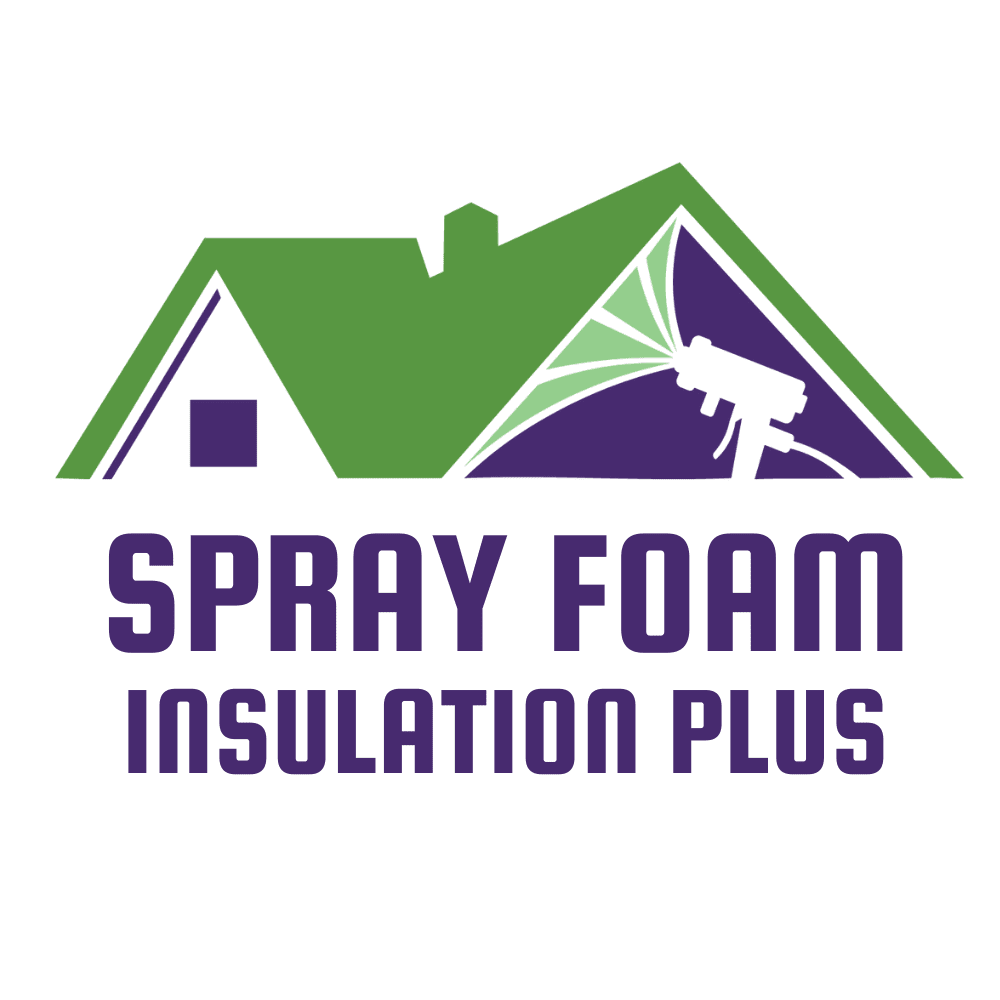
Tags
Preferred Contractors of:
